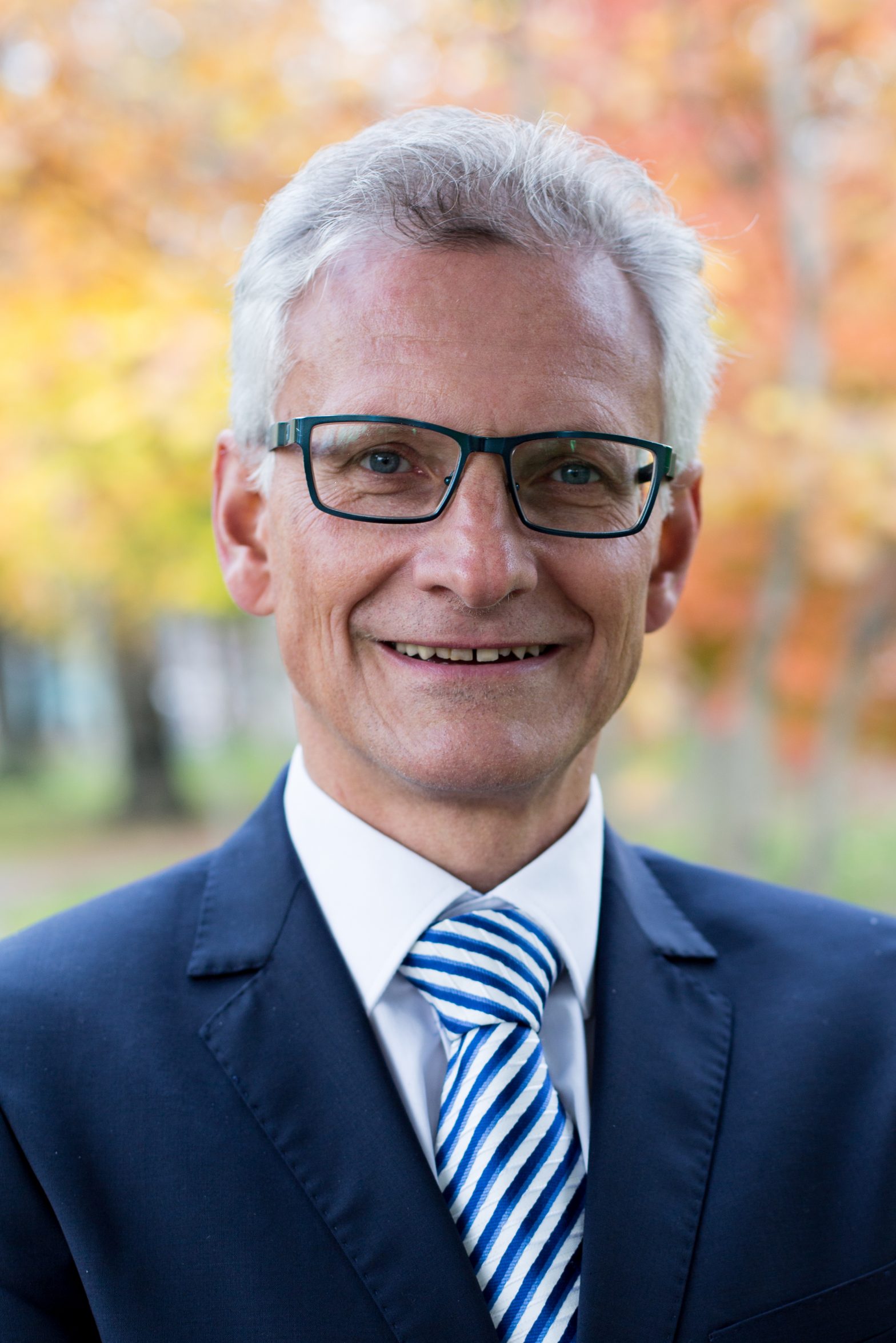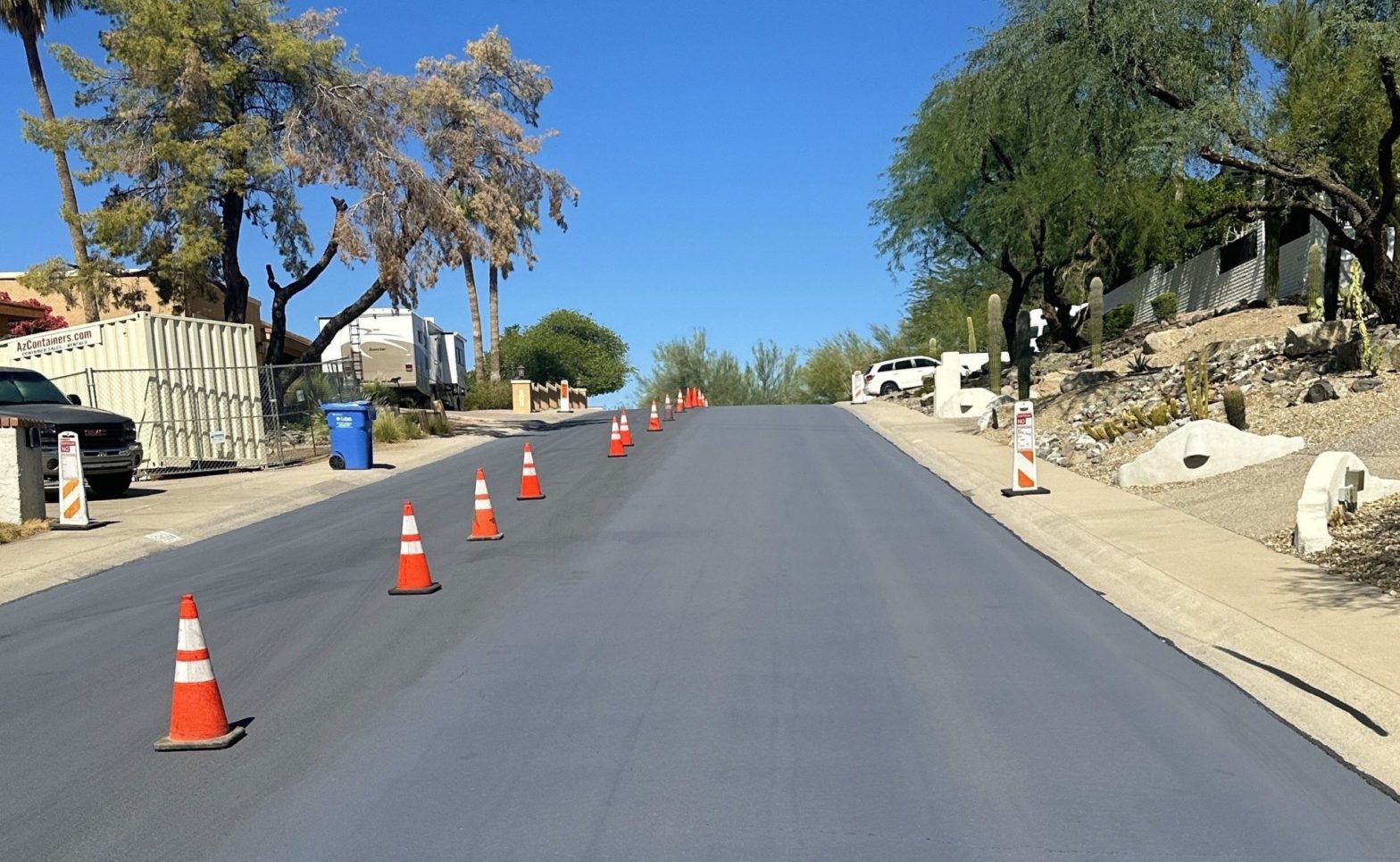
New global standard released for sustainable infrastructure
03 March 2016
by Jonathan Andrews
By Hans-Peter Egler, CEO, Global Infrastructure Basel
The demand for infrastructure development and upgrade is extremely high globally and is constantly rising due to increased urbanisation and population growth. This can be seen particularly in emerging and developing countries, however also in industrialised states there is a need for infrastructure development, including modernisation.
There is an apparent abundance of liquidity in recent years, notably in developing and emerging countries, however, this is failing to translate into more infrastructure investments– especially in emerging nations.
The tragic bursting of a dam in Minas Gerais in Brazil at the end of November last year shows how catastrophic the consequences of infrastructure projects can be if information is not available or neglected. Hence, on the one hand there is a lack of finance for infrastructure, and on the other there seems to be a lack of sustainable projects worthy of investment. What can we do to improve sustainability and resilience in infrastructure projects and how can investors’ trust be gained to improve the availability of finance?
This is one of the questions that drives our work at the Global Infrastructure Basel (GIB) Foundation. The foundation aims to push for transformative actions in the field of infrastructure development and finance to contribute to sustainable development and the strengthening of community resilience. In our vision, infrastructure does not only deliver its service efficiently, but also in a way that helps tackle the world’s largest sustainability challenges stemming from population growth, rapid urbanisation, social inequalities, excessive use of finite resources and carbonintensive lifestyles.
As a result, GIB and the French investment bank, Natixis, developed SuRe®–the Standard for Sustainable and Resilient Infrastructure–by including the valuable expertise of multiple stakeholders from developing and industrialised countries. Launched at COP21 in Paris, SuRe® is a global voluntary standard which integrates the key criteria of sustainability and resilience into infrastructure development and upgrade, through 14 themes covering 76 criteria across environmental, social and governance factors. The standard aims to establish a common language and understanding of sustainable and resilient infrastructure projects between project developers, financiers, and local authorities. It provides guidance on how to manage those aspects from both a risk management and a benefit creation perspective, and starting from as early as possible in the project’s life cycle. As such, SuRe® can be used to leverage private and public investments in infrastructure in a way that ensures cost-effective access to critical services while strengthening resilience, maximising social benefits and limiting the environmental footprint.
SuRe® applies to different types of infrastructure projects and relies on independent verification and certification by third parties. It is meant to be user-friendly and to facilitate the clear communication of a project’s macro-benefits while enabling project comparability. SuRe® builds upon existing work by advancing sustainability standards and is based on GIB’s ‘Grading for Sustainable Infrastructure’ which has been used since 2012 as a self-assessment tool for over 150 infrastructure projects.
For the public sector, SuRe® is of particular use in that it helps to set procurement criteria, project requirements and selection criteria for the preparation of guidelines for the public procurement process and the initial design requirements of sustainable and resilient infrastructure projects.
It also provides a tool for comparing and selecting projects which in turn supports a more efficient use of limited public resources. In addition, a recently performed desktop study, by an independent certifier, tested three UNFCCC registered projects against the SuRe® criteria and revealed that projects using the standard’s criteria improve project management and information transparency, and detect their chances and risks much earlier in the project life cycle. Thus, applying SuRe® leads to a high information yield for the projects themselves, for investors and for public authorities. It can therefore ultimately optimise efficacy and efficiency of multistakeholder urban planning processes.








